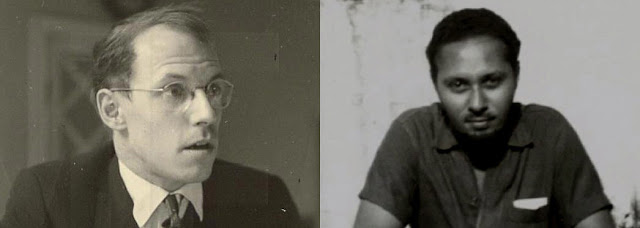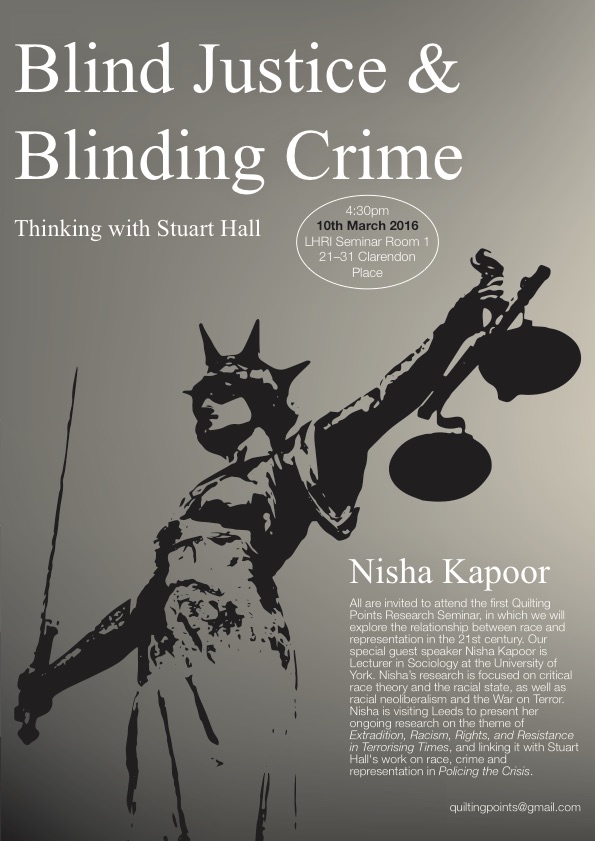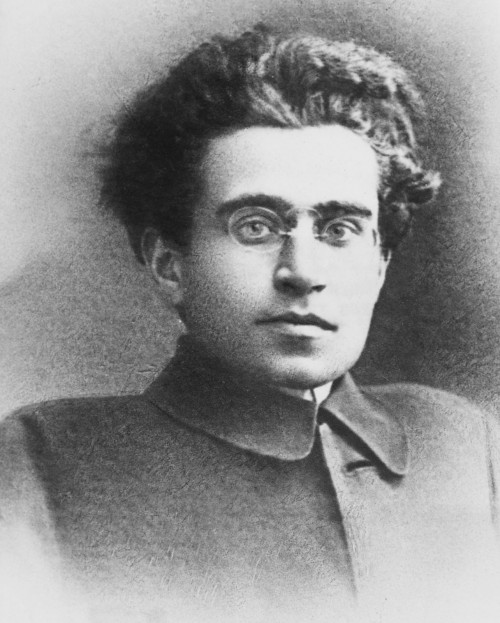#5 – 01/12/2016: The Origins of Totalitarianism (2): The Jews and Society

'Comprehension, in short, means the unpremeditated, attentive facing up to, and resisting of, reality––whatever it may be. Hannah Arendt, The Origins of Totalitarianism Our second session on The Origins of Totalitarianism will grapple with Arendt's investigation into Nazism and the Jewish question. Focusing specifically on Arendt's chapter 'The Jews and Society', we will explore Arendt's conviction that Jews were by no means innocent victims, but rather agents who acted and re-acted within the public realm. This line of thought leads Arendt to a highly controversial question: if Jews were not innocent victims of Nazi violence, then do they in some way share the responsibility for that violence? J oin us for our final meeting before the winter break – expect vegan wine and snacks! Where?: LHRI, Seminar Room 1 When?: Thursday 1st December, 5-7pm Primary reading : Hannah Arendt, 'The Jews and S ociety', in The Origi...








